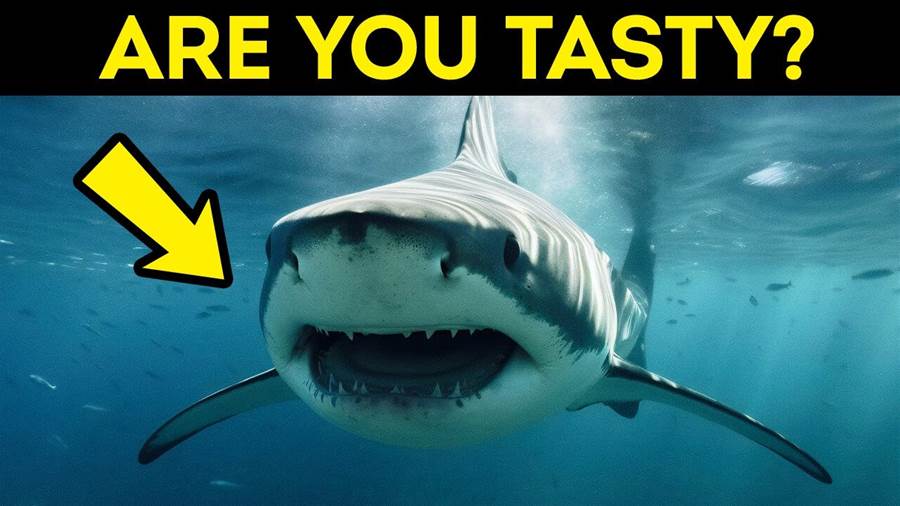
The article explores the age-old question of whether sharks actually want to eat people. Despite their fearsome reputation, sharks do not actively seek out humans as prey. In fact, most shark attacks on humans are cases of mistaken identity, where the shark mistakes a human for its usual prey, such as seals or fish. Sharks primarily rely on their highly developed sense of smell to locate their food, and attacks on humans are often a result of curiosity or defensive behavior rather than predatory intent.
The article emphasizes that sharks play a vital role in maintaining the balance of the ocean ecosystem, and incidents of shark attacks are extremely rare. Overall, while sharks may pose a danger to humans in certain situations, they do not actively seek out humans as food and are an important part of the marine environment.








